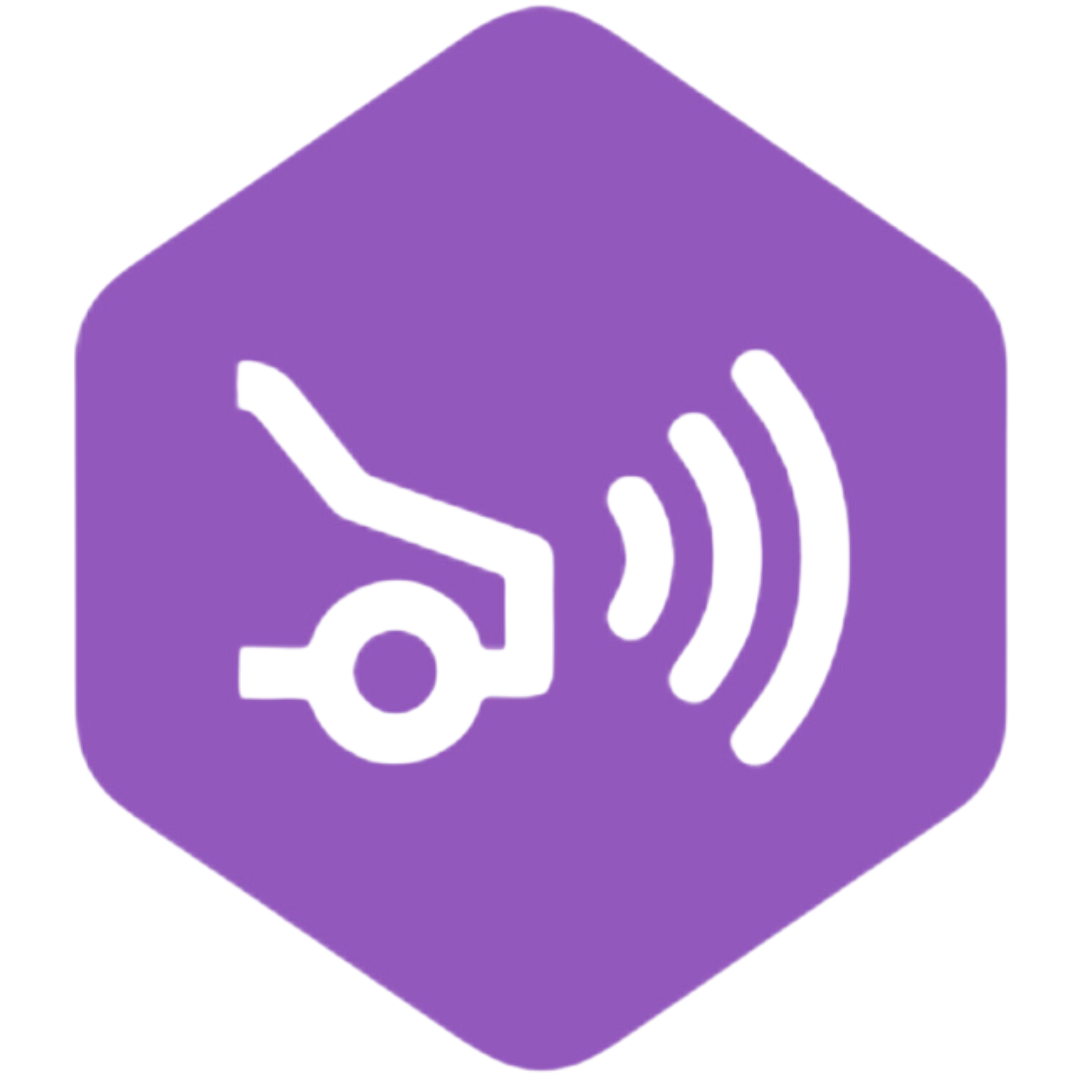Transforming Public Safety
The Center for Automotive Research (CAR), in collaboration with COVESA and LiDAR Saving Lives Public-Safety Coalition, hosted the “Next Generation 9-1-1 Connected PSAP Roundtable” at AutoTech: Detroit on June 4, 2024. This event brought together industry leaders to discuss the future of emergency response.

Share
At the “Next Generation 9-1-1 Connected Public Safety Answering Point (PSAP) Roundtable,” moderated by Ravi Puvvala from CAR and Tim VanGoethem from ESS and co-chair of the COVESA Connected Safety Group, industry experts gathered to discuss the future of emergency response systems. The panel featured insights from leaders across the automotive, public safety, and technology sectors, presenting a roadmap to a safer future on our roads, underscoring the critical role of integrated, rapid-response emergency systems, collaboration, and technology.
The discussion centered on integrating digital processing and secure routing of crash data from vehicle sensors, such as LiDAR, radar, and cameras triggered by airbag deployment, with 9-1-1 PSAPs in under five seconds.
Panelists discussed the urgency of addressing the increasing number of road fatalities and the current technology landscape, building the intelligent crash data network, and empowering the PSAP dispatcher.
Next Generation 9-1-1 Connected PSAP Roundtable” at
AutoTech: Detroit on June 4, 2024
Scott Craig of SBC Advisors kicked off the panel by explaining the creation of comprehensive situational awareness in the context of emergency management and advanced sensor technologies. Jon Boeing from Conekt.ai followed up, focusing on the connectivity solutions for transmitting crash data directly to 911 PSAPs.
On the role of telematic service providers, Steve Coker from SiriusXM Connected Vehicle Service illustrated how comprehensive crash event data, when shared with PSAPs through partnerships with platforms like RapidSOS, can drastically improve response times and effectiveness.
Martin Lundh from WirelessCar emphasized the importance of getting better information, improving the context of the information, and sharing data. Dave Sehnert from RapidSOS highlighted the necessity of integrating new data sources into existing 9-1-1 workflows to ensure dispatchers can efficiently utilize the flood of information and improve response times.
The panel also included Brian Tegtmeyer of the National Highway Traffic Safety Administration (NHTSA), who highlighted the complexity of the 911 system in the U.S., the technological disparities among various jurisdictions, and the ongoing efforts to improve emergency response through better data integration and collaboration.
Even with the promising advancements, challenges remain. To overcome these barriers, the need for training PSAP dispatchers to be up to date with new technology and be capable of handling and interpreting the influx of new data was emphasized. Leveraging existing technologies and partnerships is also needed.
Connected Safety Group
The COVESA Connected Safety Group is a collaborative effort that brings together experts from public safety, automotive, commercial transportation, and government to improve road safety.
The group’s main goals are to define comprehensive safety scenarios, develop safety expertise, community, and integrated system prototypes, and share best practices to accelerate the delivery of connected technologies that benefit everyone who shares, protects, and maintains our roadways. Learn more and join us.
Related Pages
Organizations interested in joining the Alliance as active members can learn more at www.covesa.global/join.
